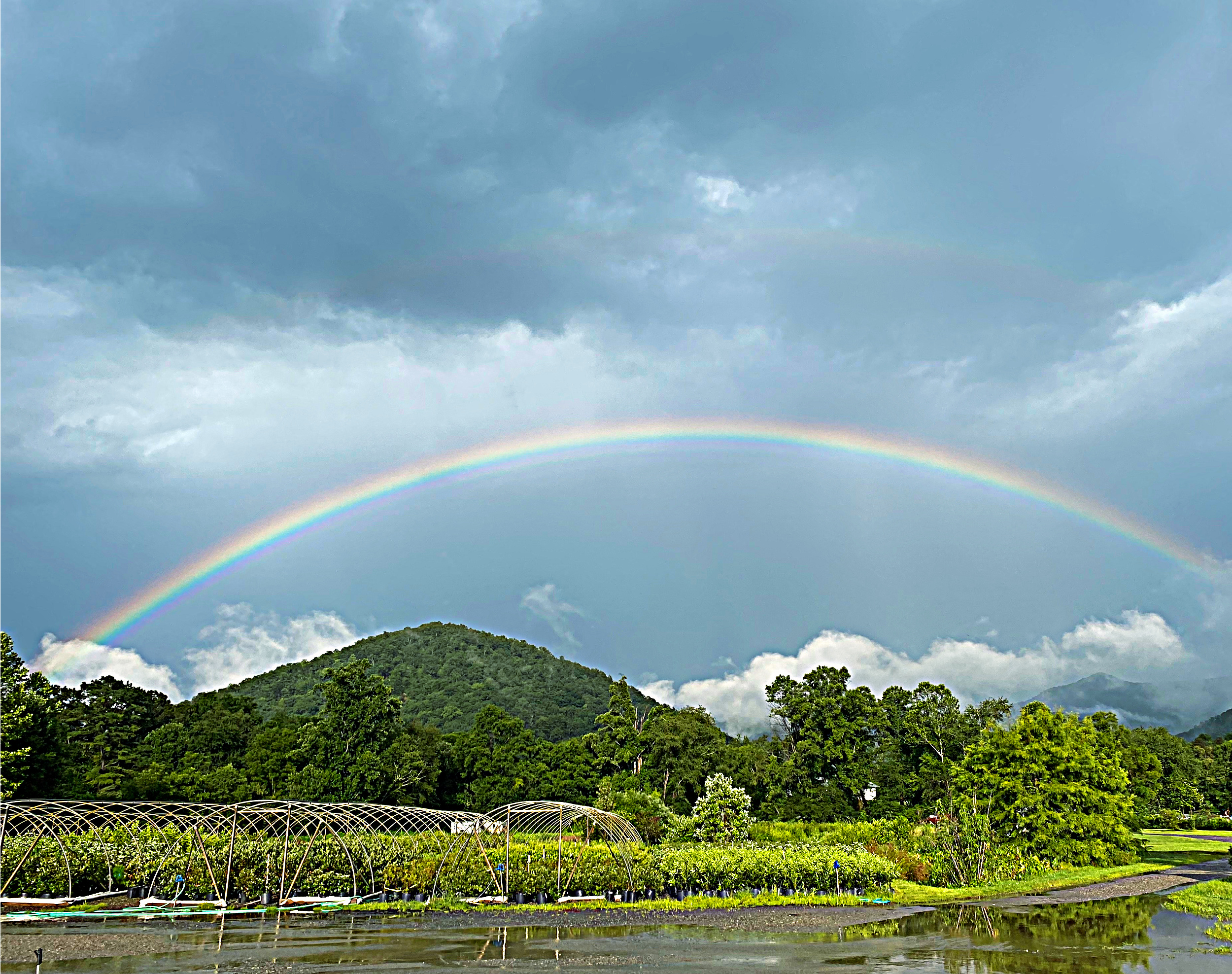5 Reasons Why Organic CBD is Better For You and the Environment
The last 30 years have seen a widespread increase in consumer demand for organic products. Where most households are reaching for natural alternatives on the grocery shelves, it is important to take a step back and understand what the “USDA certified organic” label means, and why organic products are superior to their genetically modified counterparts. Although food is at the helm of the organic movement, there are many other kinds of consumable products that are best cultivated naturally. If you utilize CBD in your wellness practices, here are 5 reasons why you should consider making the switch to a certified organic product.
- Organic CBD is free of toxins and synthetic chemicals
In order for a product to be certified organic, it must ensure that it was grown or produced without the use of pesticides, synthetic fillers, or genetically modified organisms. Because CBD is a product of the hemp plant, organic CBD must be certified on two levels – the conditions in which the hemp was grown, and the way in which the hemp oil was extracted. Therefore, organic CBD is manufactured naturally from start to finish, making it a safer alternative than non-organic CBD.
- Organic CBD is more nutrient-dense
Chemical pesticides, fertilizers, and other genetically modified substances can drain the soil of its natural nutrients. Hemp that is grown under organic conditions, therefore, is more potent with vitamins and minerals from the moment it is harvested. This also means that CBD oil extracted from an organic hemp plant is able to expose you to a broader spectrum of cannabinoids without being sabotaged by unnatural influences. Studies have shown that organic consumables like produce, food products, and medicinal tinctures have greater health benefits than those that were conventionally grown and processed.
- Organic CBD manufacturing has a cleaner environmental footprint than non-organic CBD
Chemical pesticides and synthetic fertilizers are incredibly harsh on the environment. The irreversible effects of unnatural substances in farming can impact air and water quality, as well as harm wildlife. Organic farming is less abrasive on soil and helps to support environmental sustainability efforts.
- Organic farming supports pollinators
Herbicides and Pesticides do not differentiate between good and bad bugs, it simply kills them all. In order for there to be life on earth, we need to maintain a certain level of biodiversity; this includes everything from the biggest mammals to the tiniest of insects. Organic farming practices healthy growing techniques that aim to maintain that necessary level of biodiversity.
- Consuming organic can improve your immune system
Your wellness practices can help support your body’s natural defense system against invasive diseases by including more organic foods and consumables. A study conducted by JAMA Internal Medicine concludes that eating organic can lead to a lowered overall risk of developing cancer. One example indicates that those who consume primarily organic foods were able to deter non-Hodgkin lymphoma and postmenopausal breast cancer more effectively than those who rarely ate organic foods.


